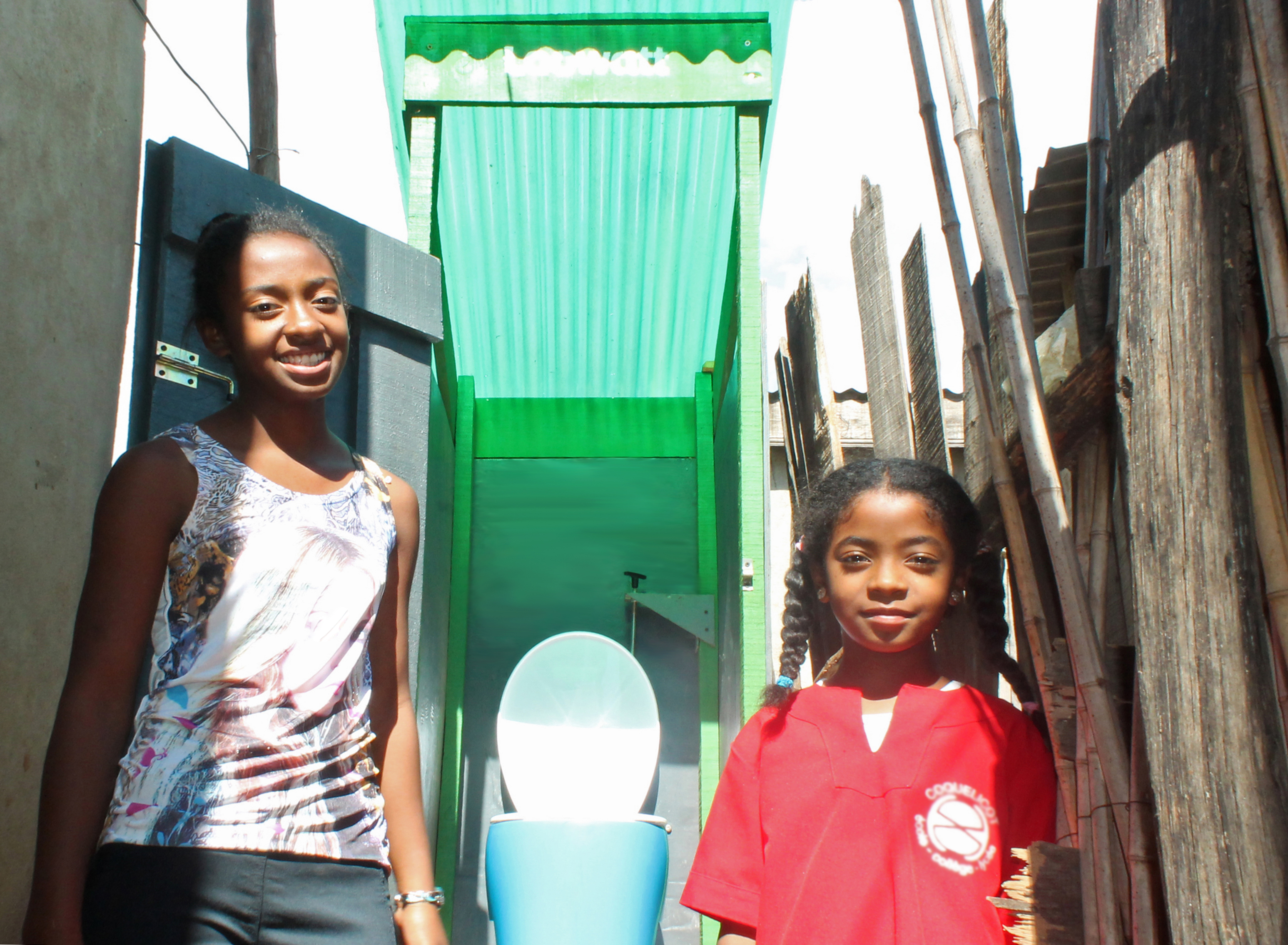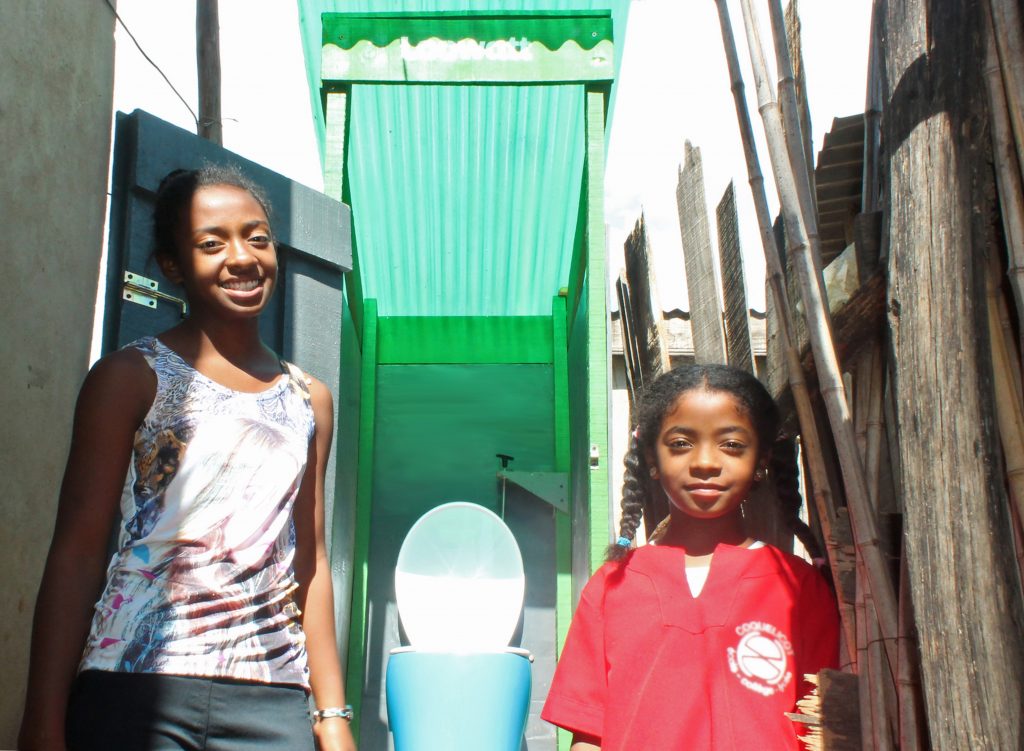Shaping the future: Our strategy for research and innovation in humanitarian response.

Shaping the future: Our strategy for research and innovation in humanitarian response.


In sanitation, Waste to Value (WTV) refers to systems that convert human waste into energy, fertilizer, and other byproducts. WTV systems for urban sanitation are now widely considered desirable in FSM (Fecal Sludge Management). Recent work and proceedings at EAWAG, Bill & Melinda Gates Foundation, and the 2015 FSM3 conference all point to the importance of WTV. However, in the humanitarian response sector, WTV for sanitation is often met with extreme responses—from denying its feasibility altogether in favour of installing latrines, to considering it a panacea that will solve all problems of cost and sustainability.
Such reactions are driven in part by limited understanding in the sector of the technologies that treat human waste, and an underestimation of support they require in terms of service and market creation. Key issues are:

Nonetheless there is impetus to introduce better toilet technologies and include WTV. Drivers include widespread acknowledgment of the following:
Since 2010, Loowatt has been developing a WTV sanitation solution designed for implementation in urban areas, and our toilet technology has been proven in the field with paying household customers in densely populated and flood-prone areas Antananarivo, Madagascar.
We hope to pilot our technology for the humanitarian response sector in 2016, working with partners to help us deliver the infrastructure and develop the supporting service model with local actors. To this end we recently attended the Global WASH Cluster meetings in Nairobi—and we’re now in the midst of planning next steps. Please stay tuned for updates!

 Please upgrade your browser
Please upgrade your browser
You are seeing this because you are using a browser that is not supported. The Elrha website is built using modern technology and standards. We recommend upgrading your browser with one of the following to properly view our website:
Windows MacPlease note that this is not an exhaustive list of browsers. We also do not intend to recommend a particular manufacturer's browser over another's; only to suggest upgrading to a browser version that is compliant with current standards to give you the best and most secure browsing experience.